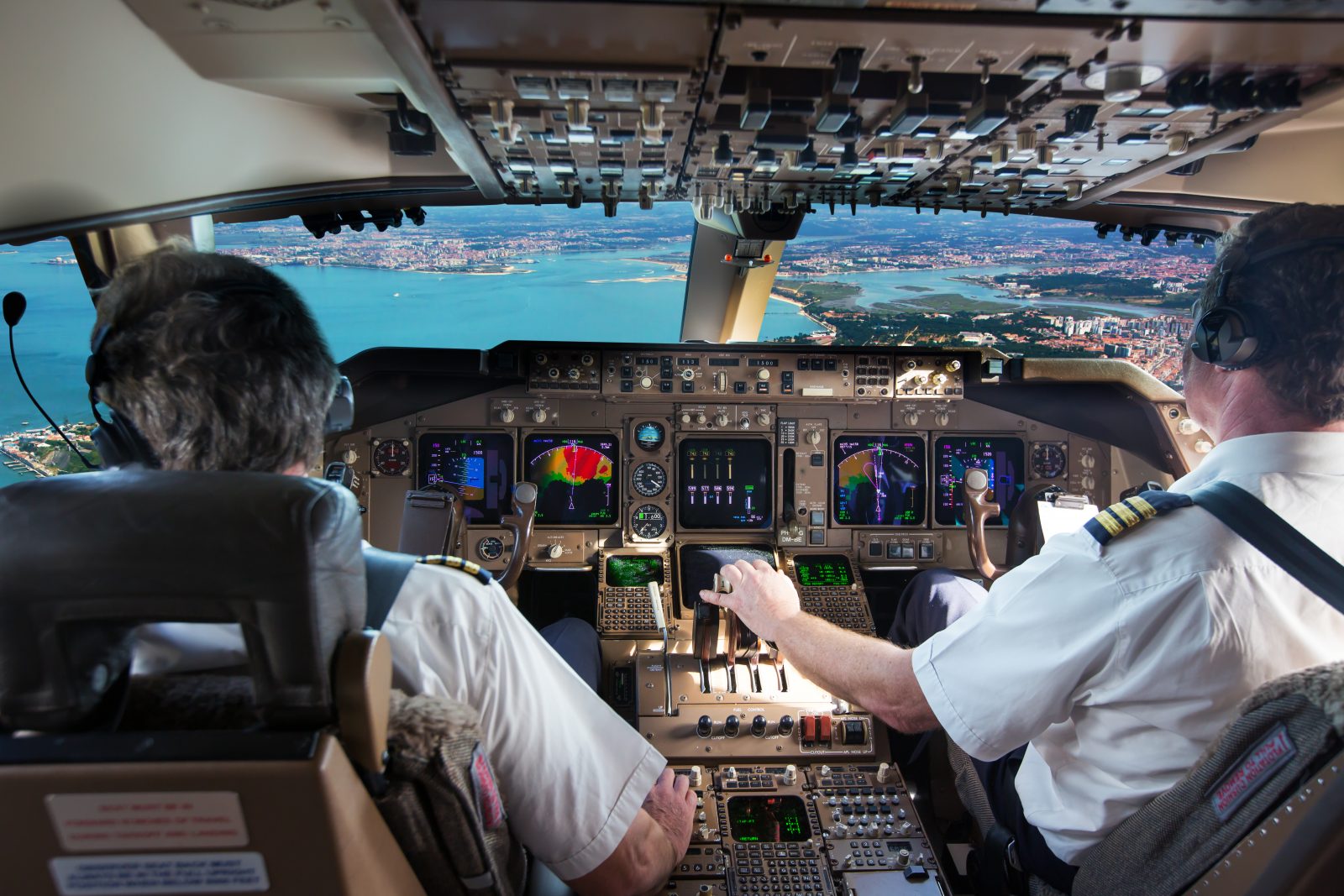Pilots With Beards? New Study Says It’s Totally Safe, Busting Long-Held Oxygen Mask Myth
- A new study has just shattered the myth that pilots can't have beards because they're oxygen masks wouldn't work properly

There’s a growing chance that more pilots could be allowed to sport facial hair after a new study by a leading aeronautical university debunked the widespread theory that beards could wreck the effectiveness of special tight-fitting oxygen masks.
The study, appropriately called “Beard Length and the Efficacy of an Aviator Oxygen Mask,” was published earlier this month in the Journal of Aerospace Medicine and Human Performance following an investigation by researchers at Embry-Riddle Aeronautical University.
The researchers wanted to put the theory to the test by putting human guinea pigs in a hypoxia chamber and seeing whether facial hair would interfere with a quick-donning pilot oxygen system designed to create an airtight seal around the pilot’s face.
Why do airlines fear beards will interfere with oxygen masks?
Unlike passenger oxygen masks, the pilot oxygen systems includes an integrated visor and covers the entire face. While most aviation regulators don’t prohibit pilots from having beards, many airlines impose their own ban, citing fears that it would make the oxygen system ineffective.
The researchers put 24 volunteers in a hypoxia chamber to mimic the effects of decompression while flying at 30,000 feet and tested three different beard conditions: clean-shave, short beards, and long beards more than 10mm in length.
Testing Beards in a Hypoxia Chamber
Volunteers with beards took no more time to don the oxygen masks than the clean-shaven participants, and researchers found no difference in the “arterial saturation percent of oxygen” between any of the volunteers during the decompression-like conditions.
Flight deck oxygen systems are also designed to protect pilots from the effects of smoke or noxious fumes so researchers then exposed the volunteers to ‘highly volatile’ smelling salts while wearing the masks – none of the participants were, however, able to detect a smell while wearing the mask.
In a discussion of the results, the researchers concluded: “These results support the contention that airline pilots with beards of any length would not be impaired by hypoxia or smoke while dealing with an in-flight emergency.”
Will Airlines Finally Let Pilots Fly With Beards?
It should be noted that this isn’t the first study to have dismissed safety fears over pilots having beards as Air Canada commisioned its own research into this issue back in 2016.
Based on the findings of that study, Air Canada dropped its prohibition on pilots having facial hair, although many airlines are yet to follow suit.
In the United States, the Federal Aviation Administration (FAA) has no issue with pilots having beards, but major carriers, including American Airlines, Delta Air Lines, and United Airlines, do not allow their pilots to have facial hair.
For pilots who’ve been forced to choose between career and facial hair, this could be a game changer.
Airlines often cite safety as the main reason for beard bans, but if the science no longer supports that argument, policies could come under scrutiny from unions, regulators, and the public.
Related
Mateusz Maszczynski honed his skills as an international flight attendant at the most prominent airline in the Middle East and has been flying ever since... most recently for a well known European airline. Matt is passionate about the aviation industry and has become an expert in passenger experience and human-centric stories. Always keeping an ear close to the ground, Matt's industry insights, analysis and news coverage is frequently relied upon by some of the biggest names in journalism.







